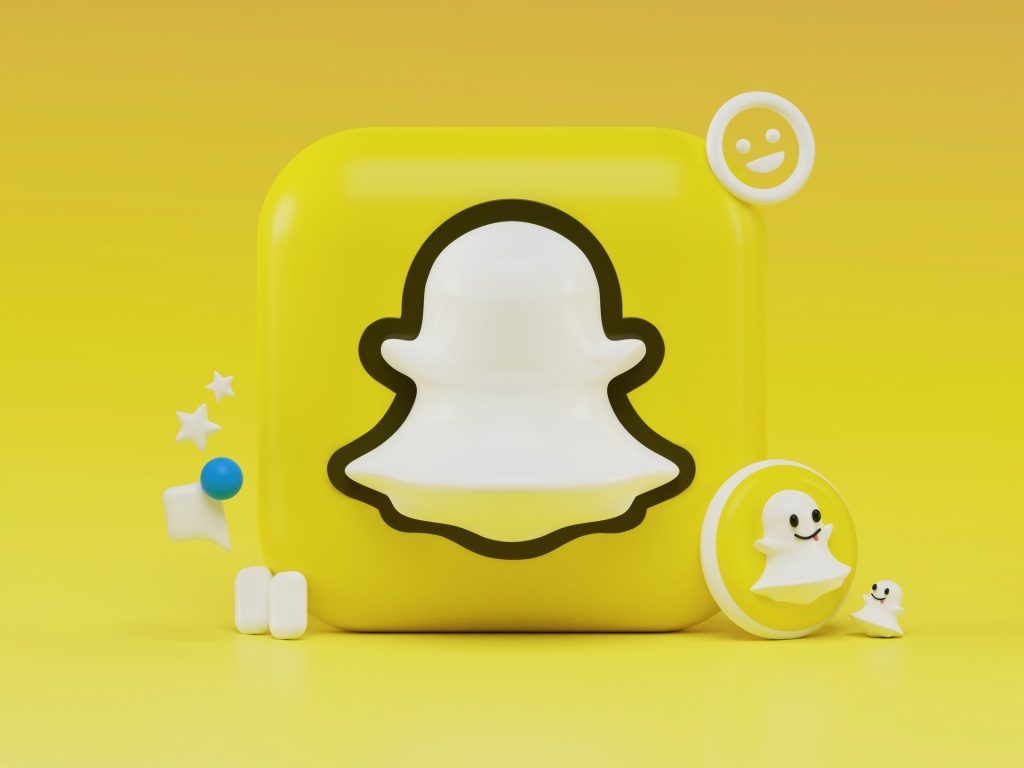What about when you are scrolling through Snapchat on a very boring day and among the multiple snaps, and you see someone saying ION, you will be all shocked as if it is a Chemistry class or your favorite Snapchat? If you wonder if it is Chemistry homework or not, you are right, as the ION is the most commonly used in chemistry. Even if you are addicted to Snapchat, you must not have heard the term before. But to your surprise, the term “ION” means different in the text than you could ever imagine in chemistry. Lines are a big reason behind the popularity and famous social media. Daily new lines are added to our daily life. Seeing social media grow from “Facebook” to FB, from “Instagram” to IG, and from “outfit of the day” to ootd, we have created our new English vocabulary that sounds different from the conventional one.
What does ION Mean on Snapchat?
Texting your friends is all about using shortcuts; when you want to say I don’t, then you are right; ion in the text as an acronym. Similarly, over Snapchat, the ION is slang for the two words “I don’t” to bring out expressions, in short, most of it.
Why Am I Not Getting Snapchat Notifications?How to Make a Shortcut on Snapchat?How Does Snap Score Work in Snapchat?
Besides, when we talk about chemistry, Ion means something entirely different. An atom is a combination of cations and anions having a neutral charge, and when it loses or gains some amount of charge, it becomes either anions or cations, referred to as ions on the whole. So when ION has a negative charge, it is called an anion, and when it has a positive charge, it is called a cation. This you must have studied in your school time.
Why is ION used as slang in the text?
As we have made you familiar with what ION stands for, if you still don’t get it, we will elaborate it for you to be well-versed with its uses in text. You can also talk about it through SMS, WhatsApp messages, Telegram, or anything. Some ways of using ION in text Former classmate: Hey bro, when are we going to meet next? Let’s catch up at the club for a reunion! Bro: Yeah, actually I want to, but ION know when we could plan as I’m too occupied at the moment If you are still thinking about what “ION know” indicates, I don’t know. It’s a typical dialect that I don’t know. ION is growing more popular nowadays than it was earlier. The fact is that people are getting more familiar with it than are with the term “ION” in chemistry. If you do not believe this, you can use Google Trends to track the insights of this keyword. So, you would believe whether it is true or not. Besides, if you wonder when people started using it, it began in 2015, when Snapchat was a lot more trendy than today. Moreover, its popularity had risen then—the time when Retrica was trendy, but later its downfall started with the dawn of Snapchat.
What Does ION Mean in Texting?
What if you see “ION ” in text messages in uppercase font format? Then it holds a different meaning than the “ION” (I don’t) of Snapchat. In texts, the ordinary meaning of “ION” stands for “in other news.” So it’s not slang but a proper acronym. Besides, it serves to steer the conversation in a meaningful way. If you are puzzled about it, then check the below-illustrated example! Bff: Why weren’t you home last night? You: Ah! I was boozing up with my classmates. Bff: Superb, ION, I just got a reunion invitation from my internship colleagues! ION steers the conversation at a serious point or even when someone is up to sarcasm if the conversation topic bores them. The above mentioned were the widely accepted connotations of “ION” and “ION,” while the good connotations differ and largely depend upon the context used.
The Final Word
“ION” in lowercase means I don’t believe in Snapchat, while ION in uppercase is clever to steer conversations. The term is quirky enough and is widely used in texting per the user’s convenience. Of course, you might hate “ion,” the cations, or anions. Still, you would have seen your friends using it to save space, type faster, or convey the message without focusing on the conventional English Vocabulary.
